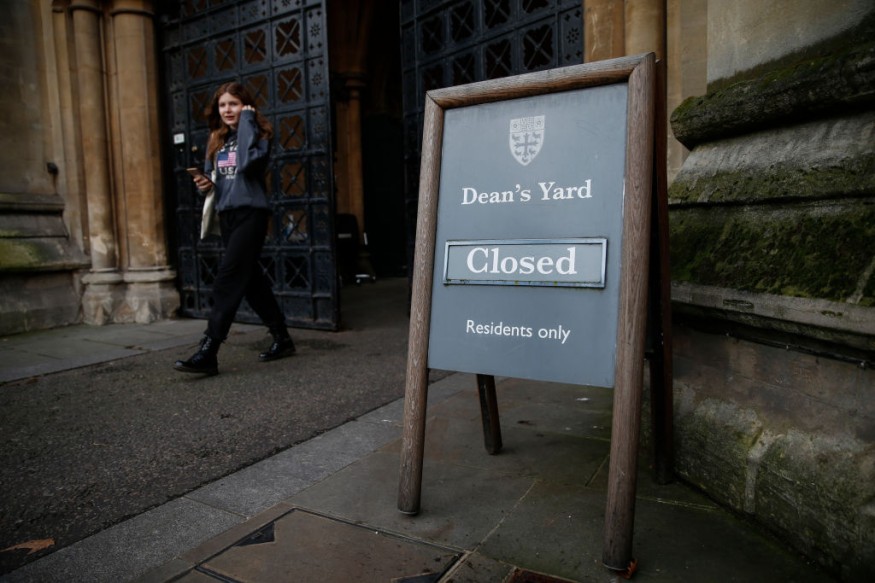The United States has officially recorded its first case of the new and more contagious COVID-19 in Colorado, Gov. Jared Polis confirmed Tuesday, December 29.
This new strain of the coronavirus, first discovered in Britain, was detected in the Colorado man who, surprisingly, had no related travel history - raising the possibility that the new strain of the disease has already found its foothold in the patient's local community or worse, elsewhere in the US.

Not A Cause For Panic, But Redoubling Prevention Efforts
"It didn't teleport across the Atlantic," commented William Hanage, a Harvard T.H. Chan School of Public Health epidemiologist, according to the New York Times.
The first US case of the new strain was detected in a young man, in his 20s, with no prior travel history. In an official statement from the Colorado governor's office, they reported finding the "first case [of the] COVID-19 variant B.1.1.7, the same variant discovered in the UK." Gov. Polis' statement also added that the patient is currently isolated in Elbert County, with public health officials set on a "thorough investigation."
"The individual has no close contacts identified so far, but public health officials are working to identify other potential cases and contacts through thorough contact tracing interviews," the statement added.
Gov. Polis said in the statement: "There is a lot we don't know about this COVID-19 variant, but scientists in the United Kingdom are warning the world that it is significantly more contagious." The Colorado governor also stressed that the people's health is their top priority, working to "prevent the spread and contain the virus at all levels."
Hanage also said that the Colorado case "should not be cause for panic." He did, however, note that it should cause the US to redouble its efforts to prevent the spread of the virus.
Today we discovered Colorado’s first case of the COVID-19 variant B.1.1.7, the same variant discovered in the UK.
— Governor Jared Polis (@GovofCO) December 29, 2020
The health and safety of Coloradans is our top priority and we will monitor this case, as well as all COVID-19 indicators, very closely. pic.twitter.com/fjyq7QhzBi
COVID Variant B.1.1.7
While the new variant of the COVID-19 has caused worry in the scientific community, it did not surprise them since it is normal for viruses to mutate based on varying environments and biological conditions. Also, most mutations have proven to minor compared to the original strain. Whether the new strain - known as COVID-19 variant B.1.1.7 - will cause a more severe form of the COVID-19 disease, increase risks of death, or even prove the upcoming vaccines ineffective remains to be seen.
RELATED ARTICLE: Coronavirus Has Gone Through 6 Mutations Since January Suggesting Vaccine Development May Become a Cyclical Work: Study
The new variant was detected by UK epidemiologists in the middle of September, specifically in the regions of Kent and the Greater London area. By December, health officials in the country have raised alarms over its rapid spread, requiring a new string of travel bans.
While its exact effect on victims is not yet clearly defined, its main cause for concern is in its potential of being more contagious than the original strain. The COVID-19 variant B.1.1.7 was first reported on September 20. However, almost two months later, in November, the new strain is already responsible for 26 percent of all recorded cases in the UK and shot up to 60 percent of all London cases.
"The United States is hobbled by the inconsistency of its approach," Hanage said. "Unless we turn on the lights, we won't know it's there."
Check out for more news and information on COVID-19 on Science Times.
© 2026 ScienceTimes.com All rights reserved. Do not reproduce without permission. The window to the world of Science Times.











